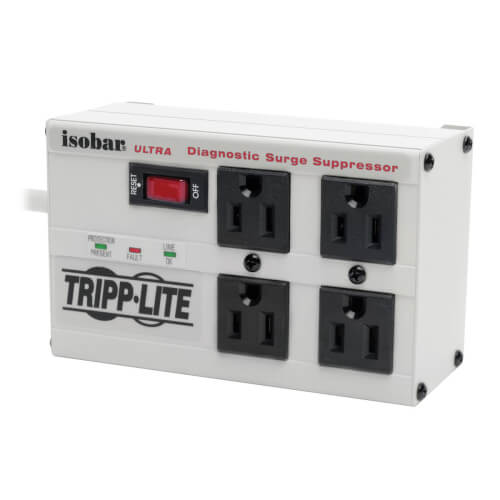Nee Lewman
बैस्टर्ड
Reviews are coming in on this Darko’s is up. Anndrew Robinson will be covering it. This is clearly more of a competitor with the bluesound products.Huh, Marantz is doing a WiiM Amp: MODEL M1 - 2.1 Channel Amplifier with 100W, 8K and HDMI Inputs plus eARC | Marantz - US
View attachment 208172

